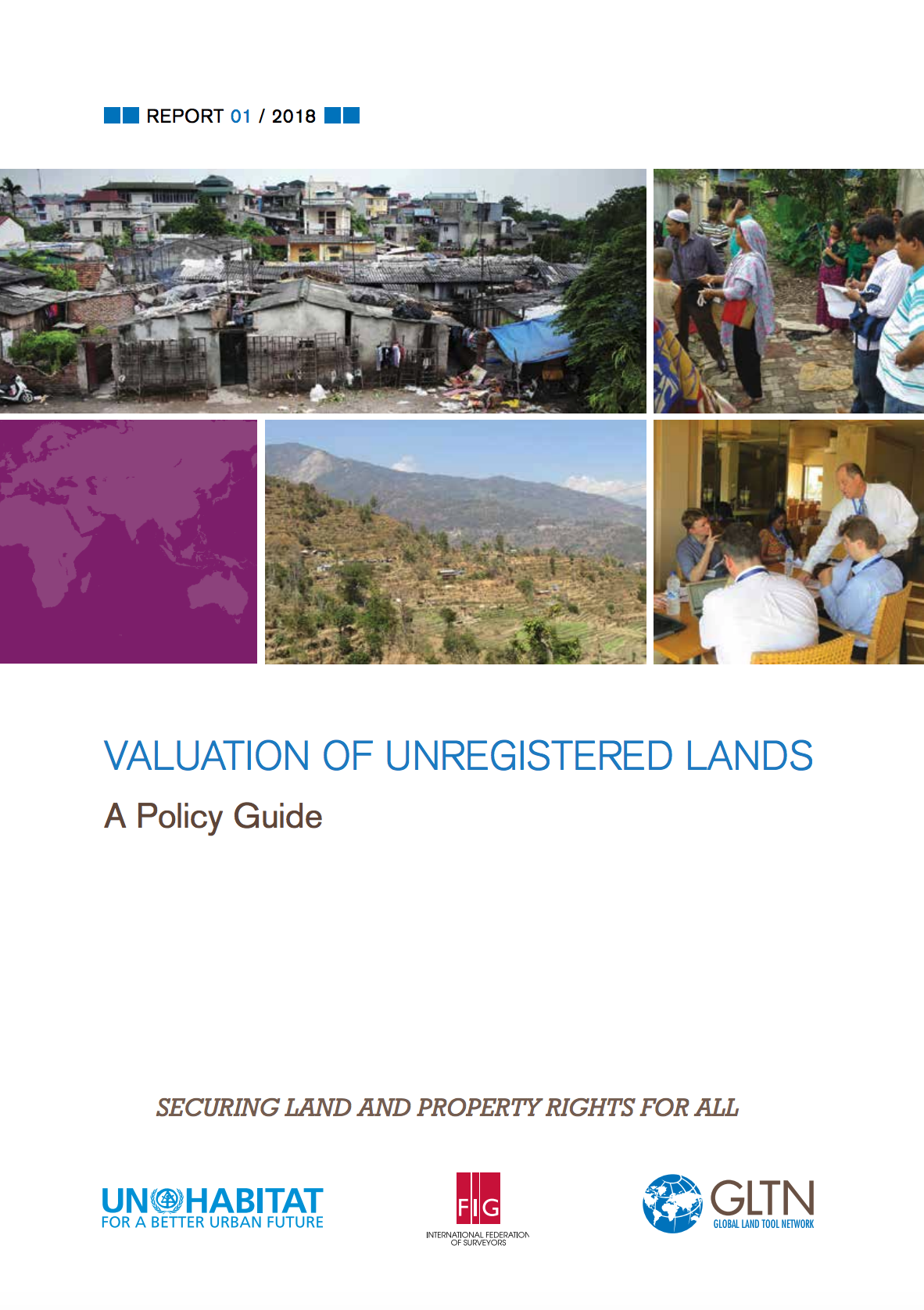Deeds Registries Act 47 of 1937
To consolidate and amend the laws in force in the Union relating to the registration of deeds…1. (I) There shall be deeds registries at Cape Town, Kingwilliamstown, Kimberley, Vryburg, Pietermaritzburg, Pretoria and Bloemfontein, each to serve its respective area as defined in the Second Schedule to this Act. The Rand townships registration office at Johannesburg, shall also be a deeds registry, but only in connection with the registration of documents relating to immovable property in any township in the area served thereby as defined in the said Schedule.







